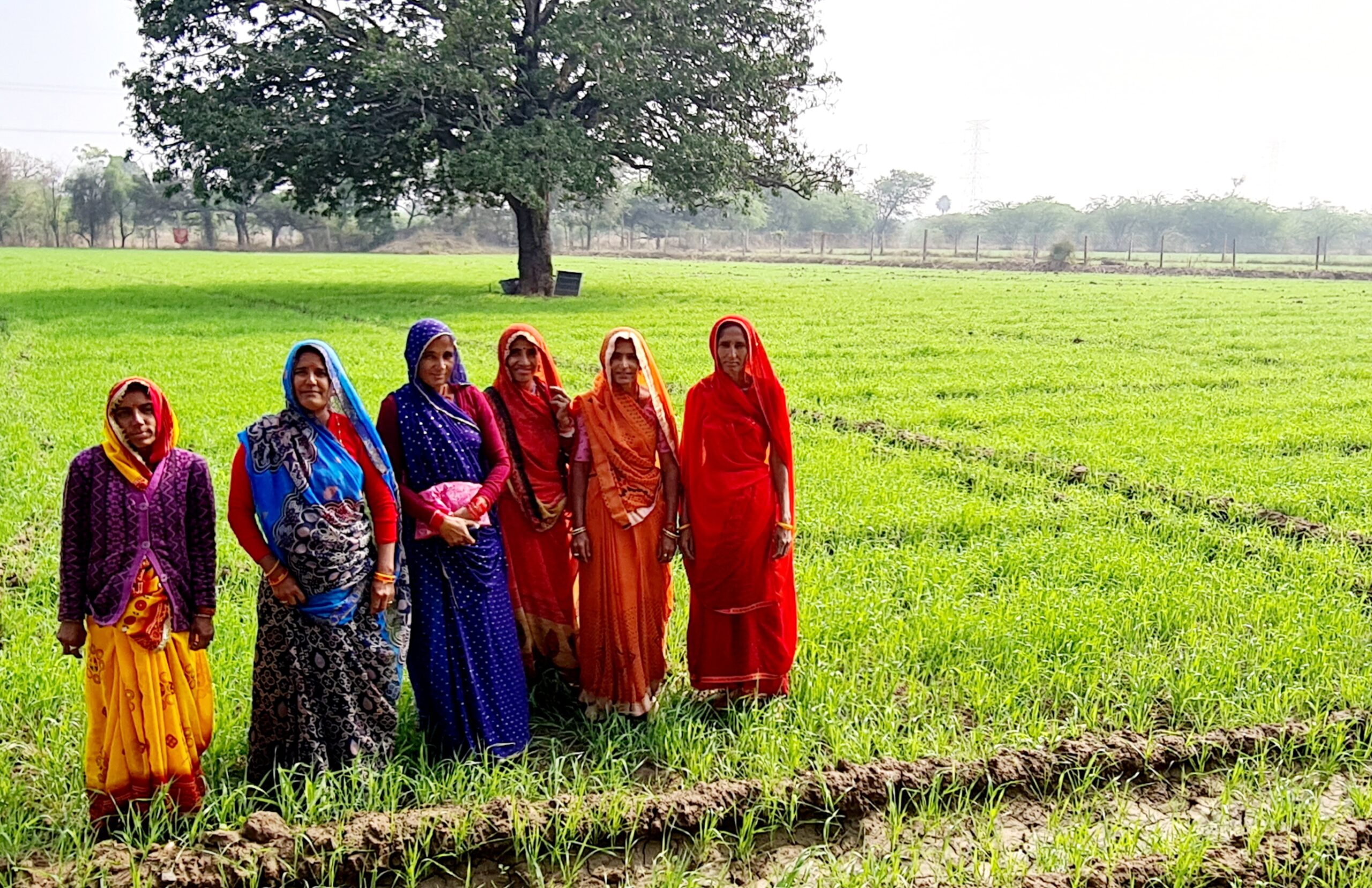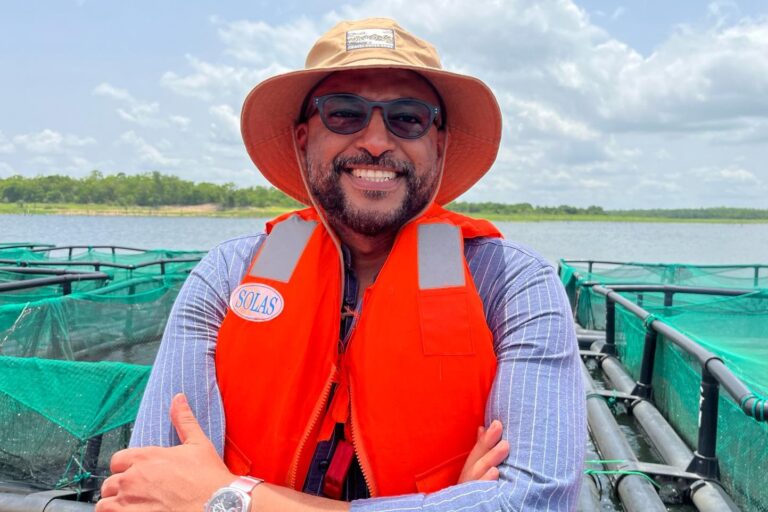By Neena Bhandari
Born in a middle-class family in Berhampur in Ganjam district of Orissa, a state that is still underdeveloped in the fields of health and education, the obvious option for Dr D Praveen was to try and get into medicine or engineering. At that time, the state had only three Government medical colleges making it very competitive, but he persevered and got admission in the Maharaja Krishna Chandra Gajapati (MKCG) Medical College.
“During my internship, I had a three-month rural posting in a primary health care [PHC] facility. It opened my eyes and showed the stark difference between health facilities in urban and rural areas. The infrastructure was in a state of disrepair, there were no doctors, and healthcare workers would seldom show up. People were dying of snakebites and accidental poisoning. I was motivated to work towards changing the health of the community at large”, says Dr Praveen, who heads the Institute’s Primary Health Care Research based in Hyderabad.
He decided to do a post-graduation in Community Medicine, which included epidemiology and community health, from the Osmania Medical College in Hyderabad (Andhra Pradesh). He received training in designing research studies, understanding epidemiology, evaluating research data, and managing various research programs in rural and tribal communities.
TRIBAL HEALTH: “I also got an opportunity to get involved in a research project for the Integrated Tribal Development Agency, an organisation established for socio-economic development of tribal communities. It was mainly to understand the indigenous profile of this community and their response to health. We found that for minor ailments, such as headaches and fever, the tribals would go to a government healthcare facility, but for serious diseases, such as a heart attack, they would visit a private facility because in government facilities often doctors were unavailable and they didn’t get proper care”, says Dr Praveen.
Analysing the data from this tribal belt helped steer his career path towards research. He began looking for research opportunities, but in 2008 there weren’t many organisations in India totally dedicated to research. As his post-graduate thesis was based on understanding adherence to anti-retro-viral (ART) medications in HIV-positive patients, he joined the HIV/AIDS Alliance as a technical officer. His job involved working with local NGOs to train doctors in the management of sexually-transmitted infections (STI) in high risk populations.
BUILDING TRUST: He soon realised that this wasn’t something he wanted to do long-term. In early 2009, an opportunity arose to work with the George Institute in India as a senior research fellow. He was asked to be the lead investigator on the Population Health Metrics Research Consortium (PHMRC) project in the West Godavari district (AP).
“The Institute had been working with the Byrraju Foundation in the area since 2003, so the road was paved and well-lit for me. But the Foundation was scaling down its work and the Institute had to create its own identity and build connections with the community. People remembered the Foundation, but not the Institute as its collaborator. It was a challenge to establish the Institute’s independent entity and build community trust, both essential for collecting important health related data”, says Dr Praveen, who was awarded the competitive Australian Leadership Awards Scholarship in 2012 to pursue his PhD at the University of Sydney.
“In the past decade, there has been a lot more awareness about the Institute amongst the rural population and they are far less reluctant to share information. We are also now working with the government, and doctors, nurses and healthcare workers in public facilities. Also, from working at a very local level, the Institute in India now has collaborations with researchers from across the globe”, he adds.
PRESCRIPTIONS DIFFER: Dr Praveen says, “The Indian health system was not equipped to manage chronic diseases. For example, doctors in PHC facilities would prescribe medication for blood pressure and diabetics in the same way as they would give medication for communicable diseases. They didn’t realise that medication for some chronic diseases are for a lifetime and one can’t expect a person to come to the health facility every five days for the rest of their lives to get the medicines. Even if they were to come, the medical supplies or persons responsible may not be available. Diagnosis was another problem as there aren’t many laboratories in rural areas. Also, doctors have huge patient load and they are unable to devote more than a few minutes per patient”.
The other challenge was ensuring medicine adherence by rural communities. In most non-communicable diseases (NCD), there may not be any symptoms, but the person has to take his daily dose of medication. But in the rural communities, if they were able to work in the fields and at home, they didn’t feel the need to take the medicine. The Institute has been training healthcare workers and with the use of technology ensuring that people at high risk of chronic disease don’t discontinue their medication.
TECHNOLOGY IS INTEGRAL: Technology is now embedded in all of the Institute’s works. “We have understood the importance of technology from the start and are now building on the profile of tech-based innovations for public health research. We use technology for collecting data, improving healthcare facilities, early diagnosis and management of chronic diseases and in better planning and management of large-scale public health research projects and surveys. In coming years, artificial Intelligence and automated machine learning will play a vital role in the healthcare space”, says Dr Praveen.
He is conscious and cautions that technology alone cannot be a panacea for ailments. “It’s just one aspect to support the healthcare facilities. We need improvements for drug provision, drug distribution, for training healthcare workers and combining all of this for a holistic approach in the health delivery system”, he adds.
Note: This interview is part of the 10th anniversary of The George Institute for Global Health in India booklet.
© Copyright Neena Bhandari. All rights reserved. Republication, copying or using information or photographs from neenabhandari.com content is expressly prohibited without the permission of the writer and the media outlet syndicating or publishing the article.


